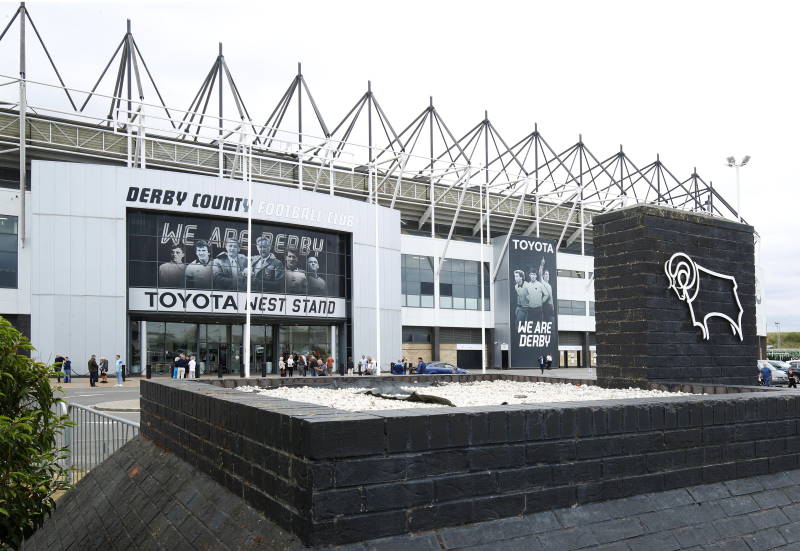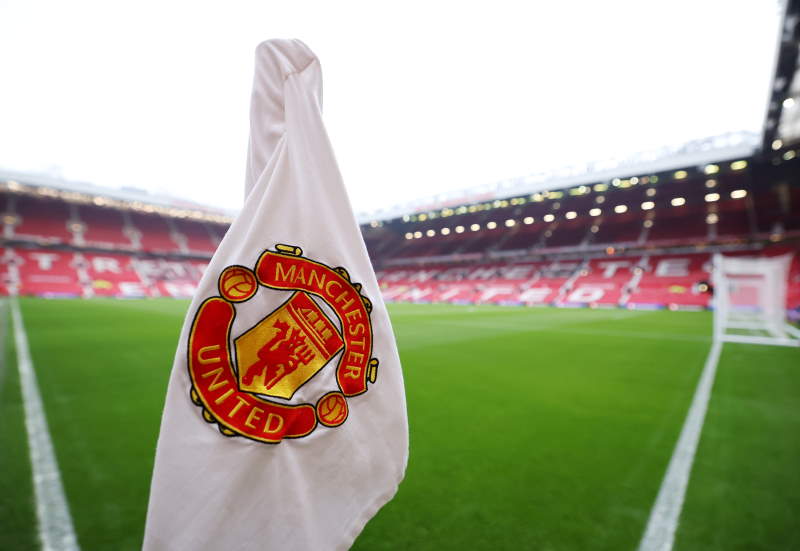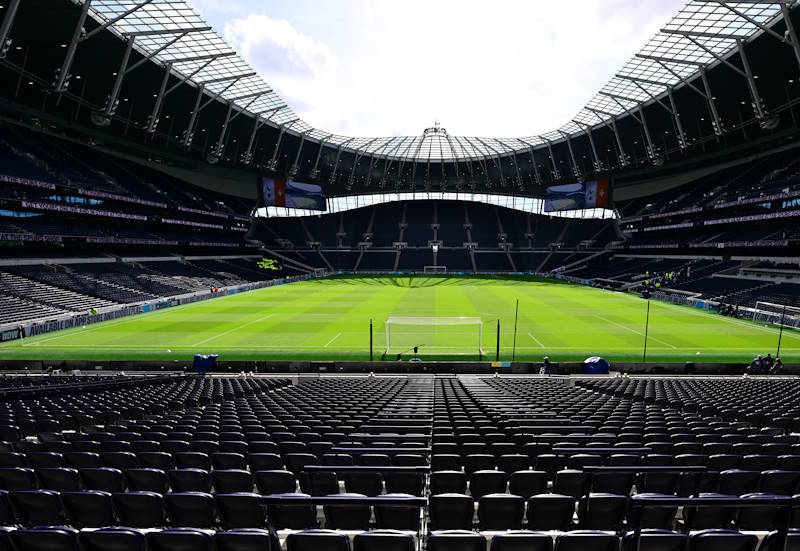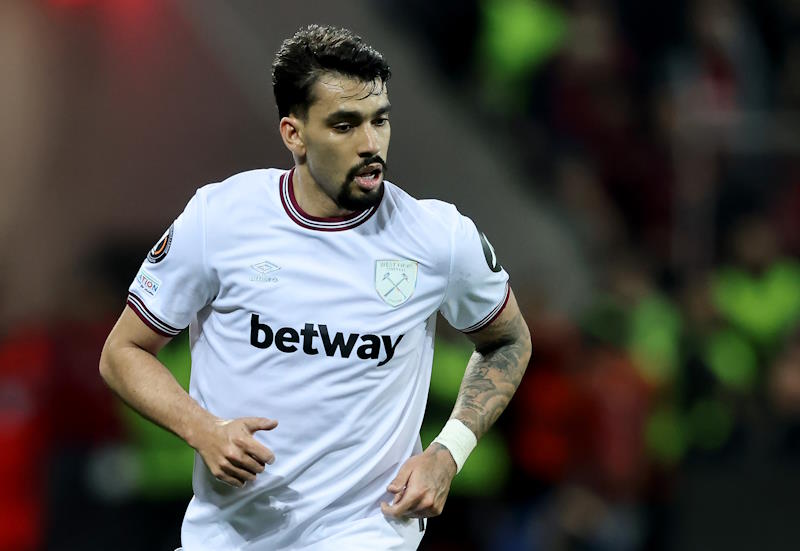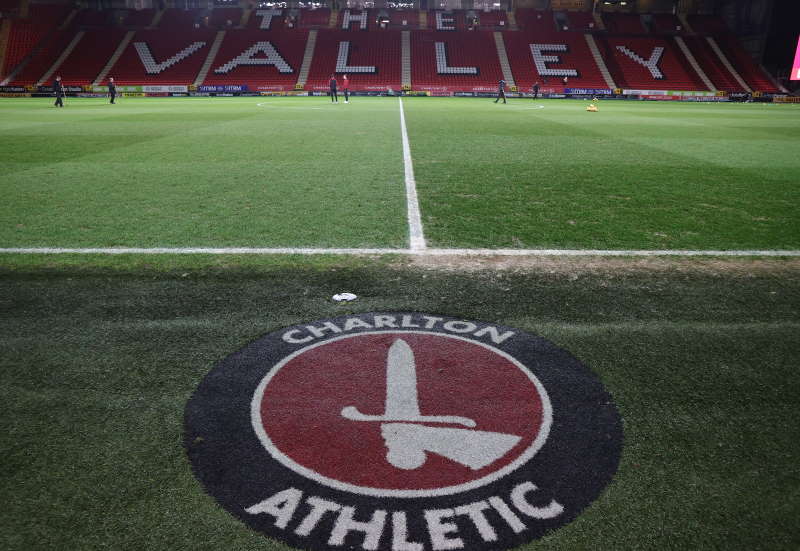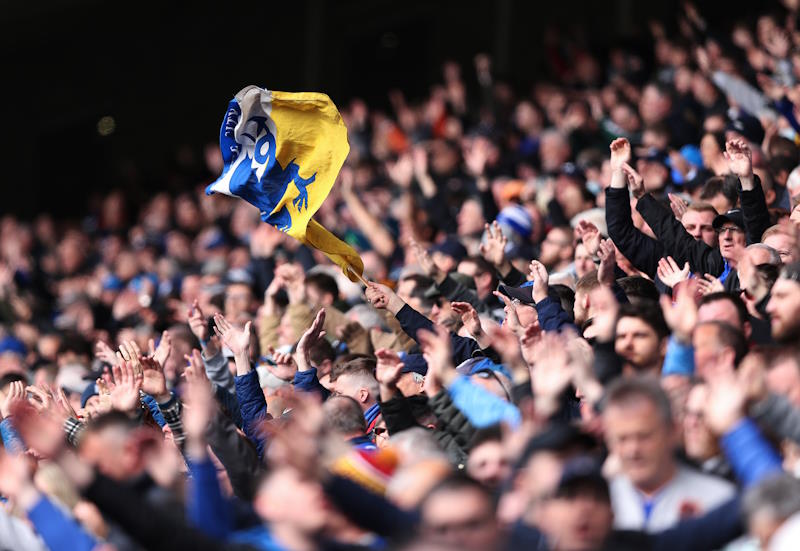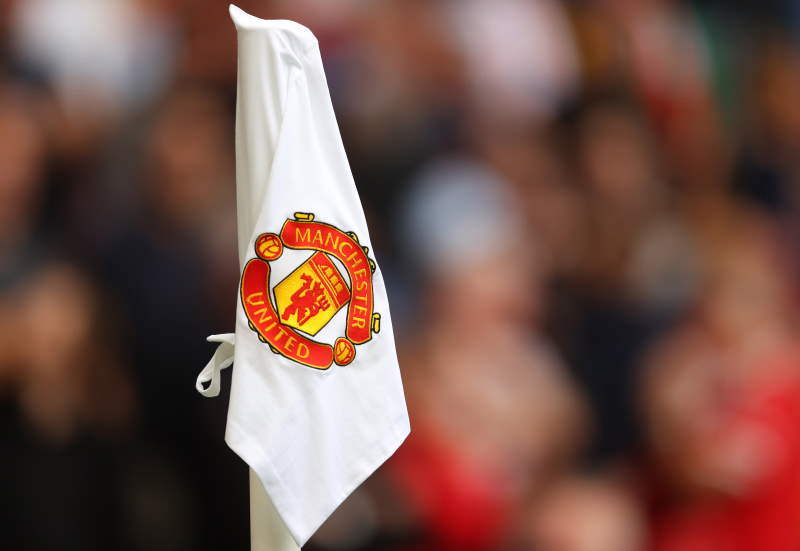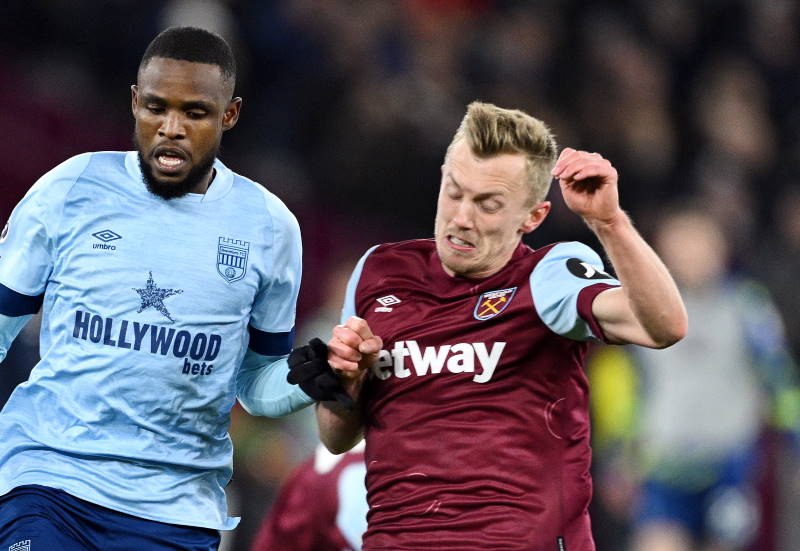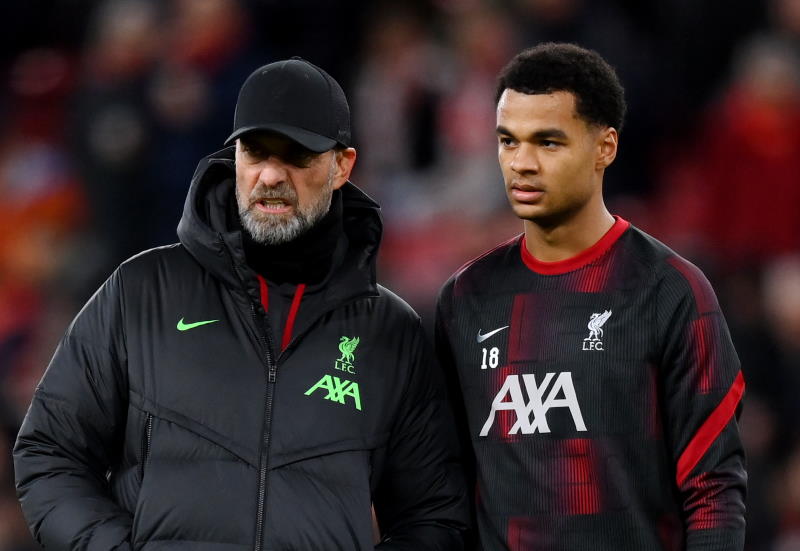
Two Clasicos in four days recently refocused the world’s attention on Spain and possibly the two most hyped clubs in modern football – Real Madrid and Barcelona. ‘Giants’ does not quite do justice to the size of these two galactic clubs, who have come to dominate not just Spanish football, but also the continent, and arguably worldwide. Yet there is a question that is not asked often enough – are their achievements over-exaggerated? Maybe the reason these two sides are on a level above their rivals at home and abroad is a reflection of the fact that of the world’s top leagues, theirs is the most skewed in terms of the economic advantage the leading clubs have. It is easy to forget just how big the financial gap is between Barcelona, Real Madrid and the rest.
To get a sense of what it is like to be a good Spanish side who are not Real Madrid or Barcelona, try this. Despite a promising start to this season by the Andalucians, Malaga midfielder Isco was despondent about their chances of challenging the duopoly when asked at the time. “Atletico Madrid and ourselves have begun well, but there are two teams superior to the rest and there are no others that can fight them for the title”, he said.
Malaga have fallen away, but Atletico Madrid sustained their remarkable assault on the hegemony of Barcelona and Real Madrid for a long period this season. They are one point behind Real Madrid with a third of the season remaining. But perhaps most importantly, Los Rojiblancos still have to play their city rivals, whose encounters with Atletico Madrid have been routine victories for the last decade and a half. Effectively the odds are heavily stacked against Atletico Madrid finishing above Real Madrid. And even if they do, their star player Radamel Falcao could well end up on the other side of Madrid anyway.
This in a league where, not so long ago, not only did the likes of Deportivo La Coruna and Valencia win the title, but Sevilla and Real Sociedad among others have run the country’s traditional giants extremely close. Yet when accountants Deloitte revealed their annual money list in January, it showed that whilst the richest teams in the world were indeed both Spanish, no other La Liga sides made the top 20, with Valencia dropping out.
While both Real Madrid and Barcelona boast large debts, they also generate huge profits each year. Between them, revenues were just €70M short of the billion euro mark for the 2011/12 season. Revenues for the previous season, 2010/11, were similarly high, but that year Valencia, the third richest, made €117M, more than €300M less than Barcelona. Little Levante meanwhile made just €5M in revenue in 2010/11, only just less than that generated by Hercules. Somehow, the Valencia-based outfit then managed to compete with Barcelona and Real Madrid for the first couple of months of the following season, before the inevitable occurred and they fell away.
The financial realities of the game in Spain skew things so far to Barcelona and Real Madrid’s advantage that it really is unfair to compare them with the other 18 teams in the league. What kind of competition is it exactly, when Barcelona’s revenues are still greater than the accumulated total of the third, fourth, fifth, sixth, seventh and eighth richest sides in the country? It is not so much a competition as a ritual annihilation. If Karl Marx had been Spanish, rather than German, and born around 100 years later with a fondness for the beautiful game, he might have noted that the success of the country’s big two rests on their ability to exploit the work of the other 18 sides in the league.
After all, without them there is no domestic league, no product for Real Madrid and Barcelona to sell to wealthy television executives and keep them so far ahead of the rest of the field.
And whereas in business there is a justification for such methods – i.e. that a customer should be free to buy whatever they wish and the most successful at promoting their own products will be justifiably rewarded, in the world of sport it is fundamentally different. Sport is competition. Usain Bolt is the fastest man in the world at present, of that there is no doubt. But imagine if with every time he won the 100m or 200m he got to start the next race five metres ahead of the rest of the field. It would start to feel a bit unfair, wouldn’t it? A bit like it would run counter to the whole idea of what sport is meant to be. Such huge disparities in wealth essentially destroy any genuine semblance of competition in La Liga, where there are to all intents and purposes, two leagues.
Why are the pair so much wealthier than the rest? Barcelona and Real Madrid both make significant sums through match day revenues and other commercial activities, but broadcasting is just about the biggest slice of the pie that is turnover for both sides. Last season, Valencia’s €48M income from television revenue was almost €100M less than that raked in by the big two. Racing Santander made €13M, and seven sides €14M. In fact, well over half the league make €18M or less in television income. This is the big issue threatening to tear La Liga apart. Whereas in Italy, Germany, France and England there are collective bargaining agreements which ensure that television money is divided roughly equally, with variances depending on final league position, Spain continues to operate by the law of the jungle; he who makes most, takes most. A total of 43% of television revenue in Spain goes to the big two.
There is the possibility of a change in the years to come. Barcelona’s vice-president, Javier Faus, has admitted that television and media income has peaked, and that they are not expecting increases in the next five years. And with the rest of the league increasingly militant in their desire to force a collective deal upon the big two, something is threatening to give. Sevilla have been the leaders of the challenge to Barcelona and Real Madrid, their president Jose Maria del Nido previously declaring that: “Our tournament is not just the biggest joke in Europe, but in the world. It is a third world league in which two clubs take the others’ television money.”
However, the movement was harmed last season as Villarreal, who had also prominently campaigned for a more equitable deal, were relegated. Yet at the start of this season there were an increasing number of clubs willing to take on the challenge. Rather than the five or six of a couple of years ago, there are now almost three quarters of the teams in La Liga who are prepared to take decisive action. Miguel Angel Gil, the Atletico Madrid president, said: “We want a league that is solvent and competitive. To achieve that, it is fundamental that the gap in budgets and revenues is narrowed and there is a fairer distribution of TV rights.”
Spain’s leading football economist, Jose Maria Gay, has said that the Spanish league will kill itself in five years if nothing changes because of the vast discrepancies between income and expenditure at most teams in the country. With crippling debts almost everywhere, from Valencia to Seville, Coruna to Bilbao, La Liga is suffocating. Yet the top two remain comfortable at the head of the table. Something is likely to give in the years to come, as the costs of not taking on Barcelona and Real Madrid become greater than the costs of allowing so many other teams to go into almost irreparable financial distress. The big two’s position not only means they hold this in-built advantage domestically, but it also gives them broadcast revenue far bigger than most European rivals, from Bayern Munich to Manchester United, could hope to generate. That also devalues their continental feats.
It would be churlish to discredit the achievements of these two sides completely, such is the wonderful style and organisation of both on the pitch, but for all their brilliance, they will certainly earn much more credit when they start to compete on a more level playing field than the rest of their rivals.
Betting on football? Check out Inside Bet before you bet!


